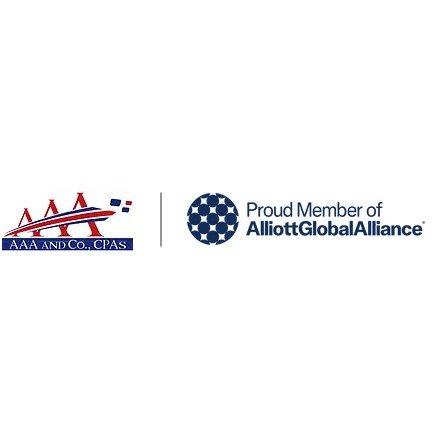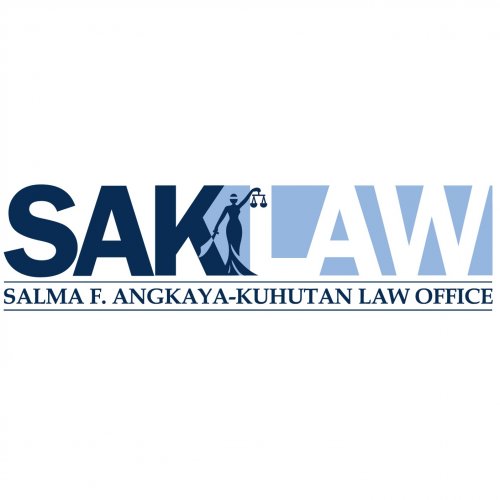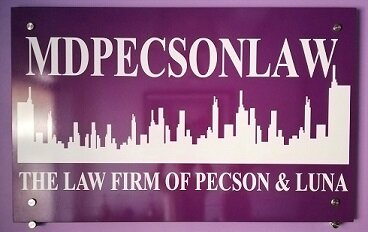Best Banking & Finance Lawyers in Paranaque City
Share your needs with us, get contacted by law firms.
Free. Takes 2 min.
List of the best lawyers in Paranaque City, Philippines
Philippines Banking & Finance Legal Questions answered by Lawyers
Browse our 2 legal questions about Banking & Finance in Philippines and read the lawyer answers, or ask your own questions for free.
- Is an OFW /expatriate in UAE with an existing bank loan can have a travel ban order in our country?
- I was an OFW in UAE and was included in a company mass termination. I haven't finished my bank loan and my computed gratuity was not enough to settle my loan so upon getting the email I exited UAE to another country & after a year went back to Phil.... Read more →
-
Lawyer answer by Islaw - Expert Lawyers
Hi, there may be a helpful answer of your querry. Unpaid personal loans or credit card debt (even if it's from a UAE bank) are considered civil cases, not criminal offenses under international law. Interpol is usually involved only for...
Read full answer - Is it really possible to collect a debt thru filing a case?
- I am planning a case against a friend who has multiple swipes on my credit card but failed to pay me. Initially, she was a good payer but something happened and she stopped paying me. The total number of swipes was a huge amount. I also have an investment in... Read more →
-
Lawyer answer by Starlion Legal
What country are you in? Yes, you can make a claim in court for this in a small claims court.
Read full answer
About Banking & Finance Law in Paranaque City, Philippines
Banking & Finance Law in Paranaque City, Philippines refers to the legal framework governing financial institutions, banking transactions, and financial services in the city. It ensures fair practices, consumer protection, and stability in the banking and financial sector.
Why You May Need a Lawyer
There are several situations where seeking legal help in the field of Banking & Finance in Paranaque City, Philippines may be necessary:
- Disputes with banks or financial institutions
- Foreclosure or repossession concerns
- Negotiating loan agreements or contracts
- Filing complaints against fraudulent or deceptive practices
- Assistance with financial regulations and compliance
Local Laws Overview
Under Banking & Finance Law in Paranaque City, Philippines, the key aspects to consider include:
- The Bangko Sentral ng Pilipinas (BSP) Act - governs the central bank and establishes rules for banking supervision and monetary stability.
- Republic Act No. 8791 - regulates the organization, operation, and supervision of banks in the Philippines.
- The Securities Regulation Code - covers regulations for securities and the stock market.
- The Consumer Act of the Philippines - provides protection for consumers in banking and financial transactions.
Frequently Asked Questions
Q: How can I file a complaint against a bank or financial institution in Paranaque City?
A: To file a complaint, you can contact the Bangko Sentral ng Pilipinas through their Consumer Assistance Hotline at (02) 8708-7087 or email [email protected]. They will guide you through the complaint process.
Q: What are the possible consequences of defaulting on a loan?
A: Defaulting on a loan can lead to various consequences, including damaged credit score, legal actions, foreclosure or repossession of collateral, and difficulty in obtaining loans in the future.
Q: Are banks allowed to charge excessive fees to customers?
A: No, banks are regulated by the Bangko Sentral ng Pilipinas and are required to adhere to fair and reasonable fee structures. If you believe you have been charged excessive fees, you may consider seeking legal advice or filing a complaint with the BSP.
Q: What are the legal requirements for starting a financial institution in Paranaque City?
A: Establishing a financial institution requires compliance with the relevant provisions of Republic Act No. 8791 and approval from the Bangko Sentral ng Pilipinas. It is advisable to consult with a lawyer specializing in Banking & Finance Law to ensure compliance with all legal requirements.
Q: How can I protect myself from fraudulent investment schemes?
A: It is essential to be cautious and conduct thorough research before investing in any scheme. Verify the legitimacy of the investment company, check if they are registered with the Securities and Exchange Commission (SEC), and seek advice from a trusted financial advisor or lawyer to assess the risks involved.
Additional Resources
For further information and assistance in matters related to Banking & Finance in Paranaque City, Philippines, consider these resources:
- Bangko Sentral ng Pilipinas (BSP) - Official website of the Central Bank of the Philippines. Visit https://www.bsp.gov.ph/ for contact information and valuable resources.
- Securities and Exchange Commission (SEC) - Regulates securities and protects investors. Visit https://www.sec.gov.ph/ for more information.
- Philippine Deposit Insurance Corporation (PDIC) - Provides deposit insurance coverage for banks. Visit https://www.pdic.gov.ph/ for details regarding bank deposits.
Next Steps
If you require legal assistance in Banking & Finance in Paranaque City, Philippines, follow these steps:
- Gather all relevant documents and information related to your case.
- Research and shortlist lawyers specialized in Banking & Finance Law in Paranaque City.
- Schedule consultations with potential lawyers to discuss your situation.
- Select a lawyer who has expertise and experience in handling Banking & Finance cases.
- Engage the chosen lawyer to represent your interests and guide you through the legal process.
Lawzana helps you find the best lawyers and law firms in Paranaque City through a curated and pre-screened list of qualified legal professionals. Our platform offers rankings and detailed profiles of attorneys and law firms, allowing you to compare based on practice areas, including Banking & Finance, experience, and client feedback.
Each profile includes a description of the firm's areas of practice, client reviews, team members and partners, year of establishment, spoken languages, office locations, contact information, social media presence, and any published articles or resources. Most firms on our platform speak English and are experienced in both local and international legal matters.
Get a quote from top-rated law firms in Paranaque City, Philippines — quickly, securely, and without unnecessary hassle.
Disclaimer:
The information provided on this page is for general informational purposes only and does not constitute legal advice. While we strive to ensure the accuracy and relevance of the content, legal information may change over time, and interpretations of the law can vary. You should always consult with a qualified legal professional for advice specific to your situation.
We disclaim all liability for actions taken or not taken based on the content of this page. If you believe any information is incorrect or outdated, please contact us, and we will review and update it where appropriate.
Browse banking & finance law firms by service in Paranaque City, Philippines
Paranaque City, Philippines Attorneys in related practice areas.












